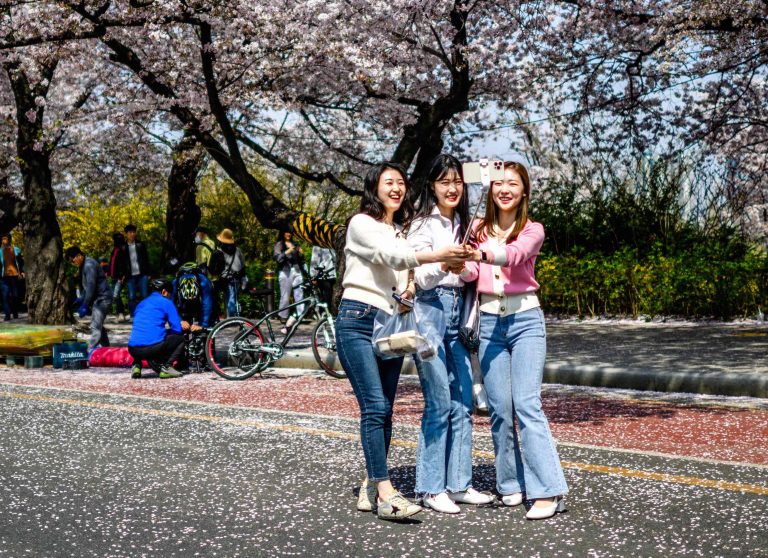Legislation made law on June 28 (Wednesday) in the Republic of Korea has mandated that official documents adopt the “international age” system used by most countries in the world, abolishing the traditional interpretation of age as beginning one year prior to birth, at least for legal purposes.
However, the system also created “various social confusions and disputes,” according to legislation minister Lee Wan-kyu, leading President Yoon Suk-yeol to highlight the reform as a part of his political platform.
The legislation was passed by the ROK parliament last December.
As with other Asian countries influenced by ancient Chinese culture, Koreans have traditionally held a child to be one year old at the age of birth, with the concept being known as “Korean age” as opposed to “international age” in modern times.
Meanwhile, another Chinese-derived custom is “calendar age,” that is, using the present year to determine a person’s current age rather than his or her birthday.
Success
You are now signed up for our newsletter
Success
Check your email to complete sign up
By this cultural standard, people are considered to “age” by one year every New Year, not when their birthday occurs.
Hence, “when asked their age in informal settings, most South Koreans will answer with their ‘Korean age,’ which could be one or even two years older than their international age,” CNN notes in a recent report.
The system, which used to be common throughout East Asia, is still partially preserved in everyday life in China, where people usually give their age based on the current year, not whether they have celebrated their birthday that year.
Moreover, the traditional Asian age reckoning, regardless its bureaucratic status, reflects the recognition of life beginning in rather than outside of the womb.
The South Korean law applies in a general legal sense, though some institutions, such as the military and school enrollment officials, will still use the “calendar age” to admit personnel and students.
















